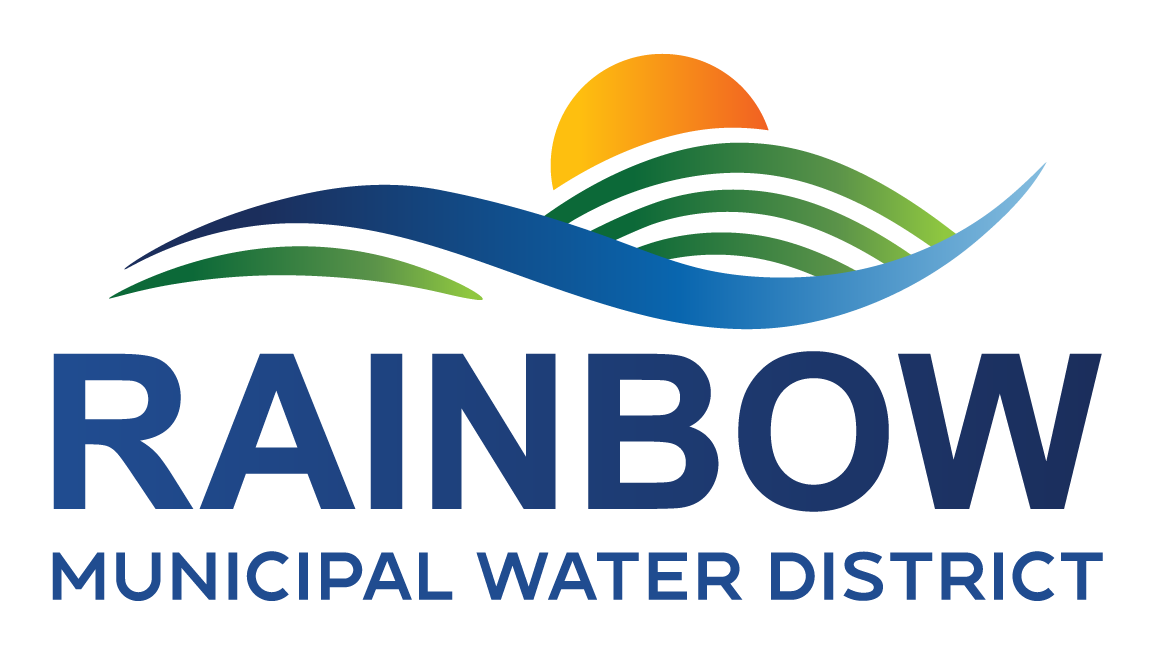Proper Grease Disposal Practices
Rainbow Water experiences an increase in grease build-up from November through January due to holiday cooking. Help prevent wastewater from backing up by properly disposing of fats, oils, and grease, also known as FOGs.
Common Problem: Approximately 60% of all sewer blockage is caused by grease in the system. Hot drippings may be in liquid form when poured down the drain but the liquid will solidify like candle wax once it cools down inside the pipes. Even mixing grease with warm soapy water does not prevent clogs.
Solution: Rainbow Water adopted Administrative Code Section 9.12 regulating commercial kitchen grease disposal; however, a review of those areas that do experience blockage problems reveals many of them are in residential areas. Residents should always use proper grease disposal techniques as .follows:
Tips for Customers: Drains, garbage disposals, sinks, and toilets are off-limits for disposing of thick oils and animal fats that can destroy plumbing systems. Take a moment before dumping liquids down the drain, and follow these tips for proper disposal:
- Let your liquids cool and place in a glass jar to reuse for cooking.
- Avoid placing any type of grease or oil, whether it’s frying oil, salad oil, or cooking grease, into the sewage system by dumping it down the sink.
- Scrape plates and pans with grease into a can or lined container to seal and dispose.
- Wipe out greasy pots and pans with a paper towel before washing them. Do not use the garbage disposal to grind fat trimmings instead wrap them up and put them in the trash,
- Trash it by mixing FOGs with solid waste such as flour, cat litter, sawdust, or sand. After mixing it into a solid, throw it away in a bag with household trash.
- Dispose of grease and oils by cooking, canning, or trashing. Avoid tossing FOGs outside or putting high-heat liquids down the drain or in the trash, as this can harm sewage and plumbing systems.
Everything that flushes or runs down the drain ends up at Lift Stations throughout the Rainbow Water service area. The most common items include oil, hair, feminine products, baby and flushable wipes, and construction debris. Be a good neighbor, and remember to clean out your drain to prevent blockages.
Rainbow Water thanks our customers for their continued efforts in protecting and preserving the environment and our plumbing and sewer systems.
